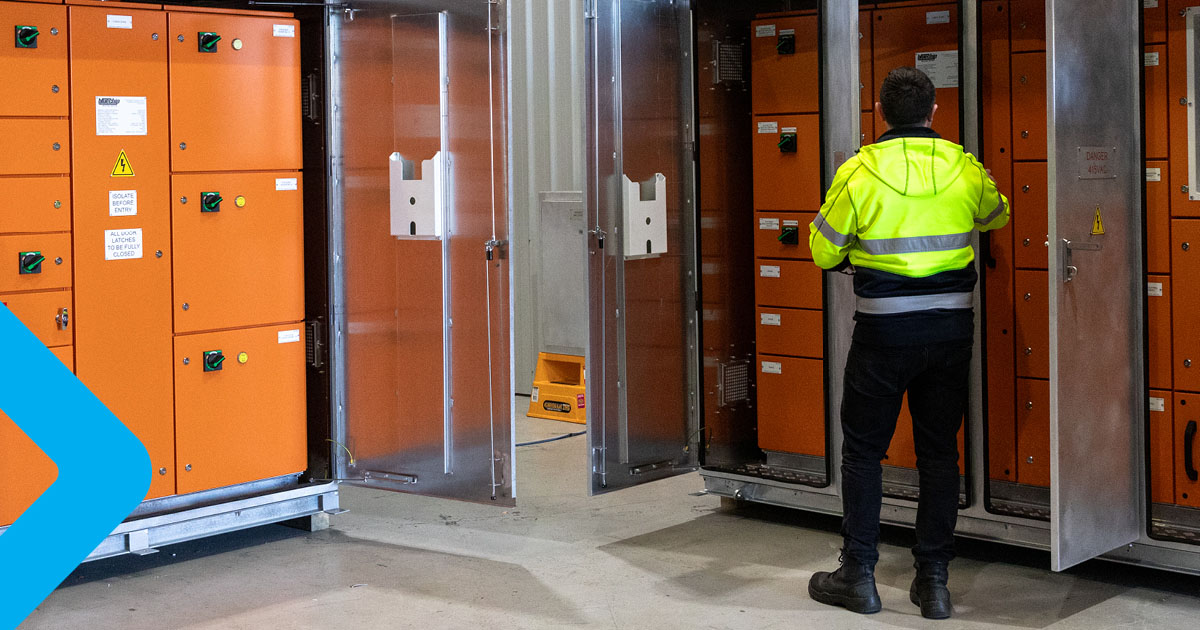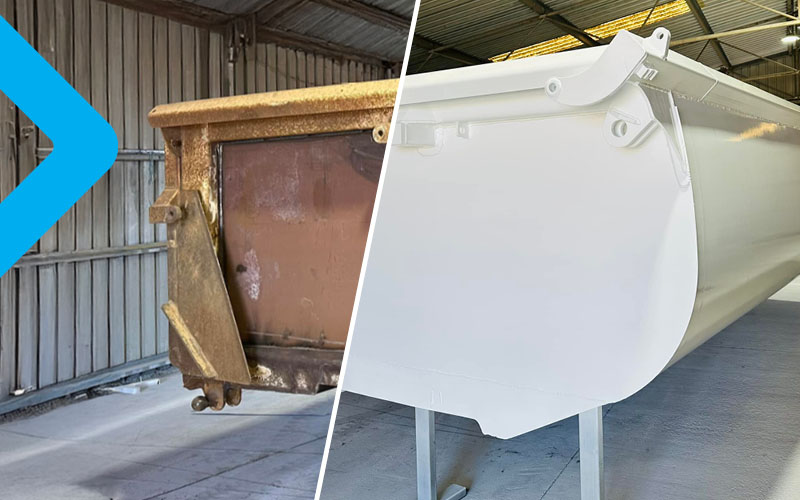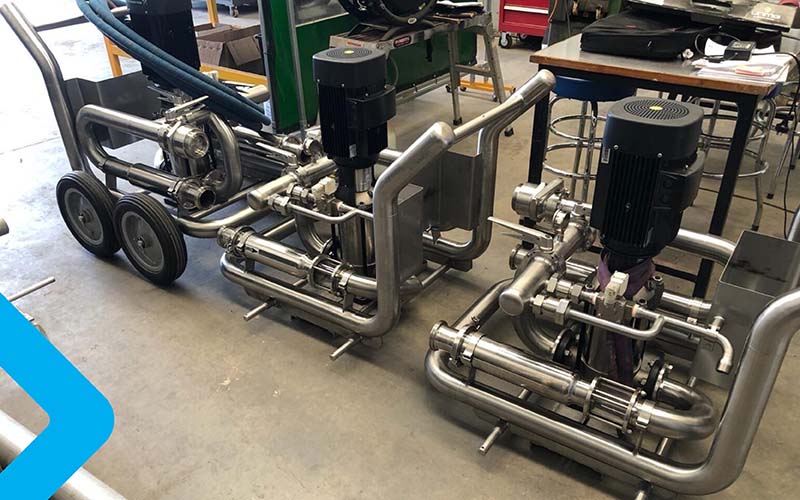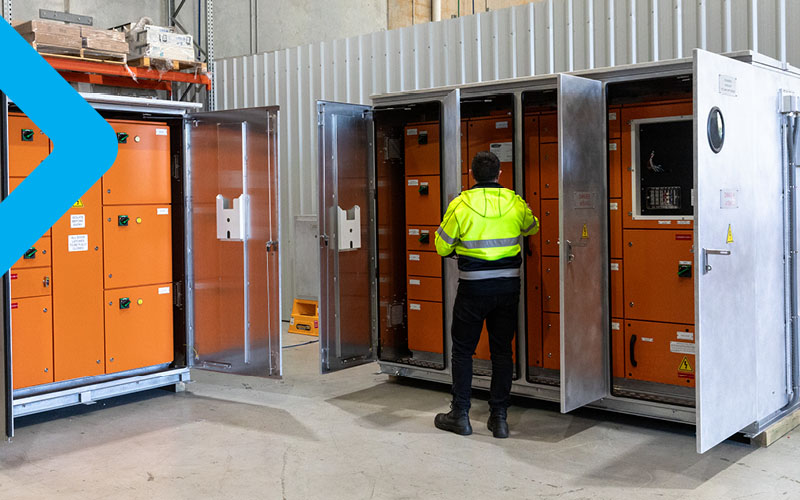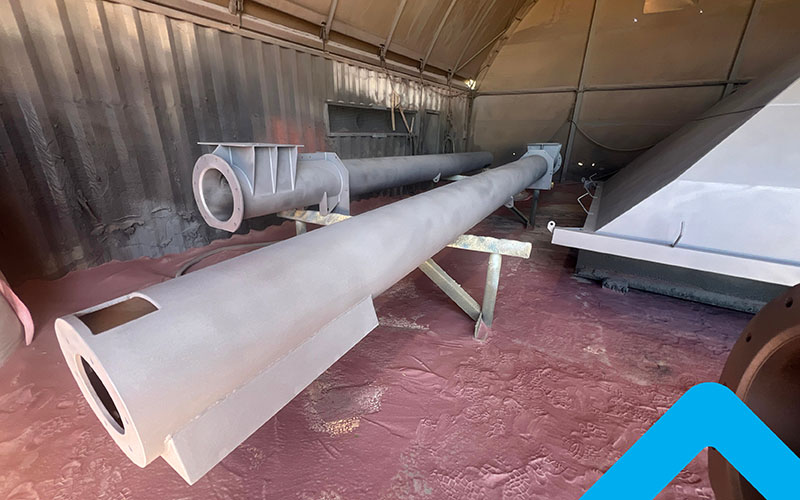If you’ve ever been involved in industrial, commercial, or infrastructure construction, you’ll know electrical work is about far more than plugging things in. It’s a high-stakes environment where safety, compliance, and technical expertise are non-negotiable. That’s where a licensed electrical contractor comes in.
But what does that title really mean? And why is it so critical to engage the right contractor for your project, especially in heavy industry, where conditions are often complex and high-risk?
Let’s unpack the role of a licensed electrical contractor, and how companies like Bluechip Industrial Services use their expertise to keep Western Australia’s essential projects powered, safe, and running on schedule.
The Definition (and Importance) of “Licensed”
In Western Australia, any electrical contractor performing work for others must hold an electrical contractor licence issued by Energy Safety WA (part of Building and Energy). This isn’t just red tape - it’s a legal and professional safeguard. Licensing ensures the contractor meets strict requirements around qualifications, insurance, and competency.
Being licensed also means the contractor is authorised to issue Certificates of Electrical Compliance, a legal document that confirms all work carried out meets safety standards and regulatory requirements. Without that certification, your project risks shutdowns, penalties, or worse - serious safety incidents.
Holding a valid licence also means the contractor is accountable under WA legislation, which includes compliance with electrical safety laws, insurance obligations, and adherence to high workmanship standards.
Scope of Work: What a Licensed Electrical Contractor Covers
The scope of a licensed electrical contractor goes far beyond simple installations. In industrial and infrastructure settings, their responsibilities are broad and deeply technical. This includes designing and installing power distribution systems, connecting switchboards and control systems, integrating automation technologies, and maintaining essential electrical infrastructure across facilities.
At Bluechip, this often includes working within hazardous environments such as substations, processing plants, and high-voltage installations - where a deep understanding of electrical safety and industrial protocols is essential.
Licensed contractors also frequently assist with temporary power systems, backup generator installations, instrumentation cabling, and testing and commissioning procedures. Their responsibilities span from LV (low voltage) systems through to HV (high voltage) applications, depending on the complexity of the site.
They may also support energy efficiency upgrades, maintenance programs, and emergency response works - especially in remote industrial operations where downtime is costly.
Navigating Compliance and Risk
One of the most critical functions of a licensed electrical contractor is ensuring compliance with the WA Electrical Requirements (WAER), Australian Wiring Rules (AS/NZS 3000), and other relevant codes and standards.
But it’s not just about following rules. Skilled contractors bring a level of foresight and planning that actively reduces risk. They identify design flaws early, prevent future maintenance issues, and ensure installations are built to withstand harsh environments and operational demands.
Contractors also manage the compliance burden for clients - liaising with inspectors, updating documentation, and handling complex testing procedures before energisation.
In Western Australia, sites undergoing electrical work must also ensure that licensed contractors notify the relevant supply authority or network operator of intended connections or upgrades. This adds another layer of administrative compliance that contractors must be equipped to handle seamlessly.
From Planning to Execution
On major projects, a licensed electrical contractor’s work often begins well before a single wire is installed. They may assist with constructability reviews during design, helping to shape practical, cost-effective solutions from the outset.
Once the project enters construction, they coordinate labour, equipment, permits, and sequencing, often under demanding schedules and environmental constraints. And at every stage, quality assurance remains front and centre. The margin for error is slim, especially in the kinds of high-voltage or remote area projects common in WA’s resource sectors.
At Bluechip, we often deliver full turnkey solutions. That means working closely with clients from early scoping through to commissioning - managing procurement, fabrication, testing, and final energisation under a single contract structure.
In many projects, contractors must also collaborate closely with mechanical and civil teams to integrate electrical works with structural supports, earthing systems, and equipment mounting. This integrated delivery model reduces interface risks and enhances project efficiency.
Why Offsite Capabilities Matter
In today’s fast-paced project environments, offsite modularisation is a growing trend and licensed electrical contractors play a key role here, too.
By preassembling and prewiring switchrooms, skids, and other modules in a controlled fabrication yard, contractors reduce onsite labour, limit exposure to safety risks, and help projects stay on schedule. This approach is particularly valuable in regional and remote areas of WA where labour is expensive and logistics are complex.
Bluechip’s in-house team has delivered pre-commissioned modular units for large-scale infrastructure projects across the state, with significant cost and time savings for our clients. Our controlled yard in Henderson enables quality-controlled installation and testing before anything hits site.
The Value of Choosing the Right Contractor
Not all contractors bring the same level of experience, especially in technically demanding environments like substations or hazardous areas. That’s why choosing a licensed electrical contractor with a proven track record matters.
Beyond licensing, you want a team that understands your sector, speaks the same language as engineers and safety managers, and brings a genuine solutions-focused approach to delivery. Look for a partner who sees your outcomes as their responsibility and who is prepared to plan ahead, adapt when needed, and keep quality at the forefront.
Delivering Confidence Through Capability
In WA’s competitive project landscape, confidence is earned through capability. A licensed electrical contractor must bring not only the technical skills but the logistical understanding to support infrastructure delivery at scale.
For example, in fast-moving shutdowns or upgrades, the ability to mobilise quickly with the right gear and personnel can mean the difference between success and significant delay.
Similarly, in ongoing operations like power stations, ports, and processing facilities, licensed contractors often work under live conditions or partial shutdowns. Their understanding of safe isolation, staging, and workgroup coordination is vital.
The Bottom Line
A licensed electrical contractor is more than a tradesperson - they’re a critical project partner. They ensure work is done legally, safely, and to the highest standard. In sectors like mining, infrastructure, and power generation, that expertise is indispensable.
Whether it’s onsite installation, hazardous area classification, or offsite modular construction, working with a contractor like Bluechip Industrial Services ensures your electrical systems are built to perform and built to last.
_Line.svg)
